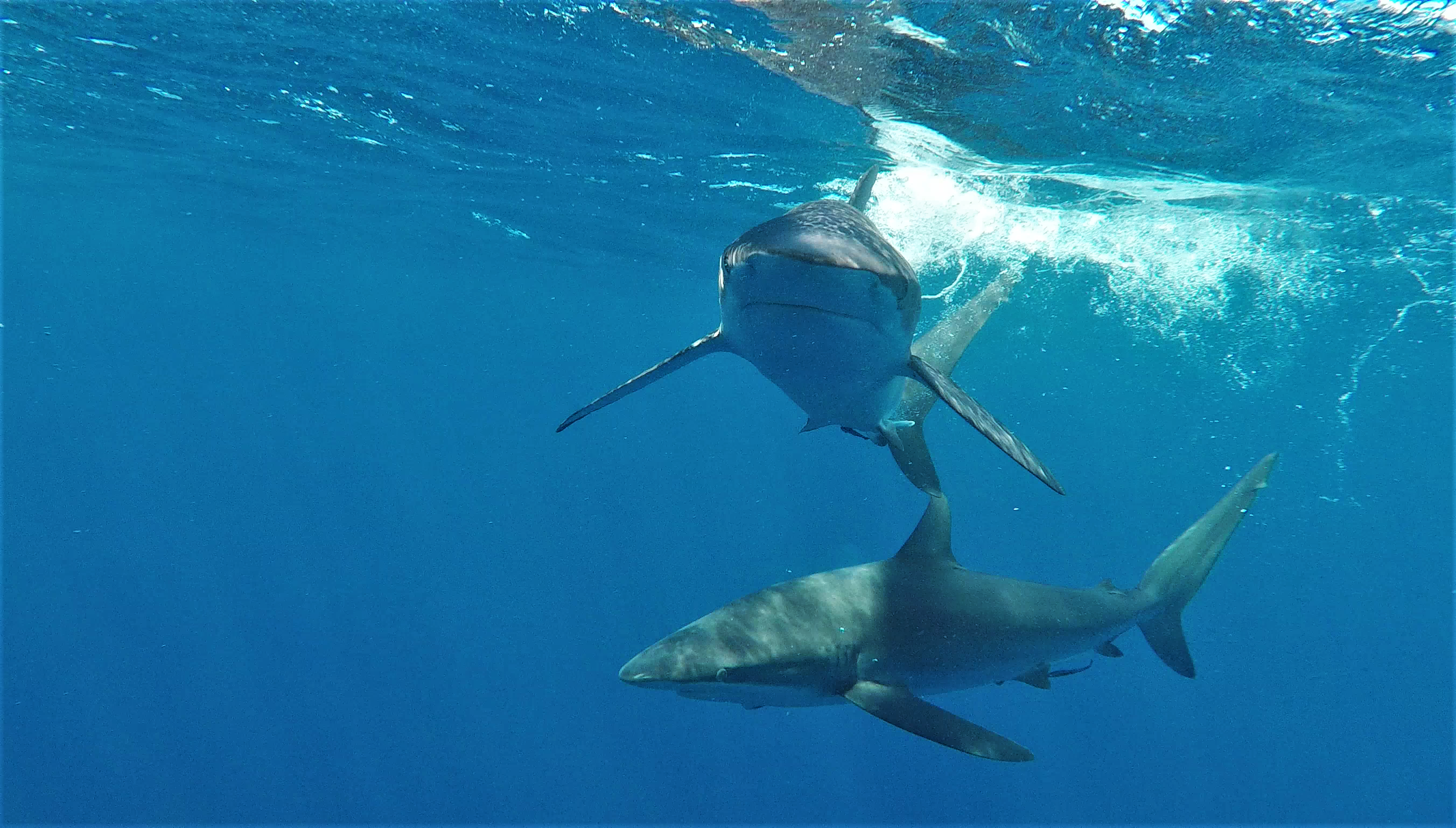New project Offshore oil and gas platforms as novel ecosystems Sean van Elden, Thomas Tothill | Aug 10, 2018
Cover image
Oil and gas platforms acts as artificial reefs and support a variety of marine species.
Photo: Abigail Anderson
Modern slavery and the race to fish
Marine fisheries are in crisis, requiring twice the fishing effort of the 1950s to catch ...read more
SUMMARY
In collaboration with Vermilion Oil and Gas Australia (VOGA) we are investigating the ecology of offshore oil and gas platforms. Many of the world’s oil and gas platforms will reach their end-of-life in the next 10-20 years, with the global decommissioning industry expected to be worth US$82 Billion by 2040. Conventional thinking and international and national legislation prescribes that these platforms be removed in their entirety upon decommissioning. However, that these platforms have been a part of the marine environment for more than 20 years means that they have become ‘novel ecosystems’ in themselves.
This PhD project aims to assess the community structure of both benthic and pelagic species surrounding the subsea structures in the Wandoo Field, 70km offshore of Dampier, Western Australia. Wandoo will be used as a model ecosystem to form the basis for classifying offshore oil and gas platforms as novel ecosystems. The expedition team, consisting of PhD candidate Sean van Elden and MSc candidate Thomas Tothill, live and work aboard the Jetwave Maddison, and deploy seabed and mid-water BRUVS around the subsea infrastructure in the Wandoo Field, as well as at two nearby control sites. Approximately 350 hours of video footage are collected on each expedition. The team is also conducting aerial transects using a drone to survey marine fauna at the surface.
01
WAITING FOR BYCATCH
Silky sharks (Carcharhinus falciformis) on the north-west shelf of Australia usually follow commercial trawlers around waiting for bycatch to be dumped overboard. Once the trawlers left, they followed our vessel around for a day hoping to be fed.
FUNDING & ACKNOWLEDGEMENTS
UWA acknowledges the assistance provided to it by the operators of the Wandoo oil platform, Vermilion Oil and Gas Australia.As a responsible oil and gas producer, Vermilion Energy has publicly declared that it prioritizes people and the environment over profitability.
The Company’s contribution to this project both in terms of providing a PhD scholarship and field costs has enabled UWA to undertake this important research.


